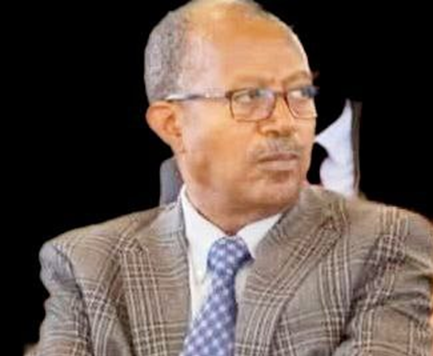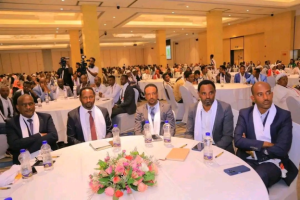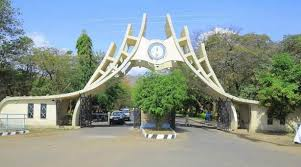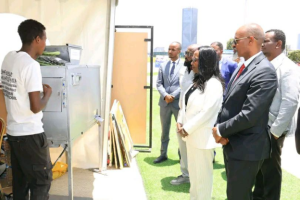
ADDIS ABABA – The Ministry of Education (MoE) has called on Ethiopian universities to take a leading role in research-driven, innovative climate action that enhances livelihood resilience and supports climate-compatible national development.
In an exclusive interview with The Ethiopian Herald, MoE’s Academic Affairs Chief Executive Officer Eba Mejana (PhD) emphasized that universities must go beyond their traditional roles of education, research, and community service to become proactive players in the global climate discourse.
He stressed that higher education institutions should align their activities with both national priorities and international climate adaptation frameworks, including those outlined by the United Nations. “It is essential for our universities to intensify scientific research and advocacy on climate issues, not just locally but also on international platforms,” Eba noted.
Drawing lessons from global experiences, he highlighted the need to enhance institutional capacity building, skill development, community engagement, and effective mechanisms for resource mobilization. He urged universities to spearhead climate-resilient initiatives and foster collaborative efforts to address the multifaceted challenges of climate change.
Supporting this view, Addis Ababa University Institute Development Studies Prof. Belay Simane underlined the critical role of knowledge, cooperation, and financing in addressing climate change. “Universities are centers of excellence in education, research, and capacity building. Their contribution to advancing climate science, promoting sustainability, and safeguarding the environment is indispensable,” he said.
Prof. Belay added that higher education institutions are uniquely positioned to design and implement climate adaptation projects in partnership with local communities and policymakers. To harness their full potential, he called for visionary leadership and strong institutional commitment.
He further recommended the strengthening of public-private partnerships and greater collaboration with financial institutions to enhance climate finance, advocacy, and research. “Universities must embrace their responsibility in supporting Ethiopia’s climate action by integrating climate fund research, capacity building, and policy engagement into their mandates,” he asserted.
According to Prof. Belay, it is imperative for university scholars and stakeholders to intensify community engagement and contribute to the development of technologies, strategies, and policies that improve livelihoods and enhance Ethiopia’s access to global climate financing opportunities.
“With Ethiopia’s diverse culture, economy, and ecosystems, a multifaceted approach to climate action is essential,” he said. “Universities must leverage their intellectual and institutional resources to drive sustainable and climate-compatible development.”
He concluded by emphasizing the importance of interdisciplinary collaboration, climate impact research, policy-oriented studies, and data-driven decision-making in building a resilient, climate-informed society.
BY ASHENAFI ANIMUT
THE ETHIOPIAN HERALD SUNDAY EDITION 20 APRIL 2025





